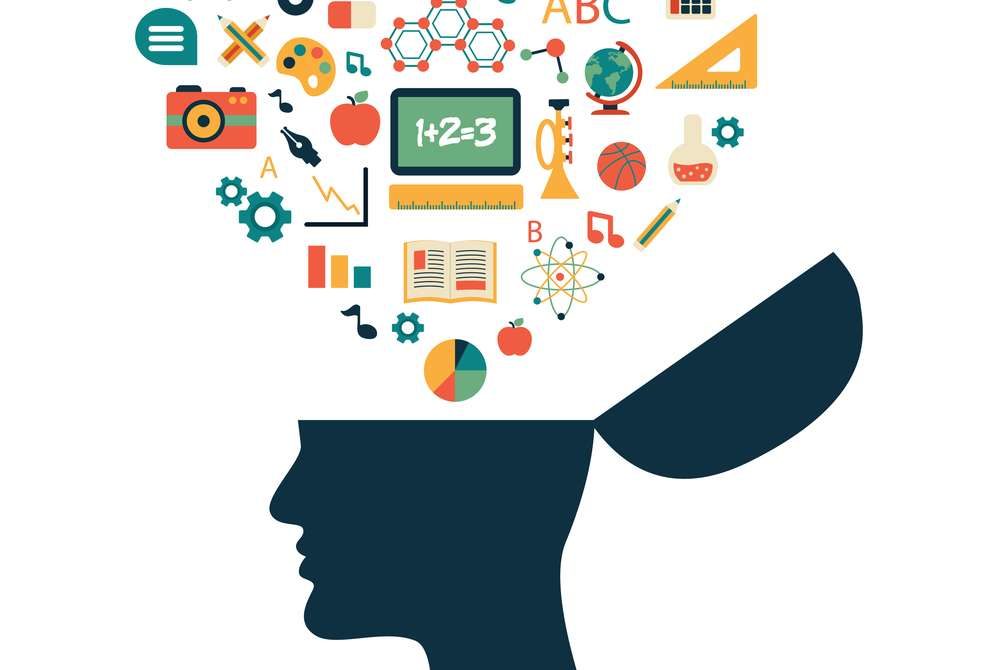Online MindBridge NLP Coach Certification Training
-
Managers as Coaches
-
1 - Introduction to Professional Life Coaching and NLP8 Topics
-
2 - Fundamentals of Influential Communication5 Topics
-
3 - a. Characteristics of Excellence in Communication2 Topics
-
4 - a. Identifying Thinking Styles1 Topic|1 Quiz
-
4 - b. Rapport
-
5 - a. Values Clarification
-
3 - b. Submodalities
-
7 - a. Power of Questions
-
6 - a. Anchoring Techniques2 Topics
-
7 - Clarifying Communication5 Topics
-
7 - b. Intake- Initial Pre-Coach Session
-
8 - Criteria3 Topics
-
8 - a. Perceptual Flexibility - Perceptual Position Quiz3 Topics
-
8 - b. Well-Formed Outcomes3 Topics
-
9 - 3 NLP Techniques Demonstrations
-
10 - Identifying Mind Maps
-
10- a. Meta Program Psychometric Quizzes
-
10 - b. Key Meta Program Patterns Explained7 Topics
-
10 - c. NLP Coach Session Demonstration
-
10 - d. Evaluation Forms -Outcome Coach Session
-
10 - e. Evaluation Video of NLP Coaching Demonstration
-
11 - NLP Coaching Sessions2 Topics
-
11 - a. Evaluation of Demo - Categories of Experience
-
11 - b. Directionalizing the Session
-
12 - Insights and Just for the fun of it!

The Representational Systems
The Representation System refers to how people take in information with our physical senses. We see, hear, feel, taste and smell. This sensory input is then converted to representations that are utilized for thinking, memory and imagination.
Through the study of NLP by many in the field, four primary systems were identified. Smell and taste were minimized and the category of Auditory Digital was added.
The four representation systems clearly link to styles of communication, ways of learning, and processing information resulting in behaviors.
There are four main representational systems:
- Visual (seeing)
- Auditory (hearing)
- Kinesthetic (feeling)
- Auditory Digital (using language).
By identifying one’s favored representational system and debriefing these concepts, one can gain powerful insights into how to subtly, yet powerfully change desired behaviors, habits and ways of being. In addition, understanding the concepts of the representational systems can offer an additional key to maintaining rapport.
According to NLP, for many practical purposes mental processing of events and memories can be treated as if performed by the five senses.
For example, Einstein credited his discovery of spacial relativity to a mental visualization of “sitting on the end of a ray of light”, but many people as part of decision-making talk to themselves in their heads and won’t be making pictures at all. The manner in which this is done, and the effectiveness of the mental strategy employed, plays a critical part in the way mental processing takes place.
Responses
You must be logged in to post a comment.

Review of the importance of the 4 Representational Systems, having this information provides insight on how one can subtly change behaviors, habits and maintain rapport.
I did the Thinking preferences and it is not recording it just fyi
Thinking styles are: Visual (seeing), Auditory (hearing), Kinesthetic (feelings), Auditory Digital (using language)